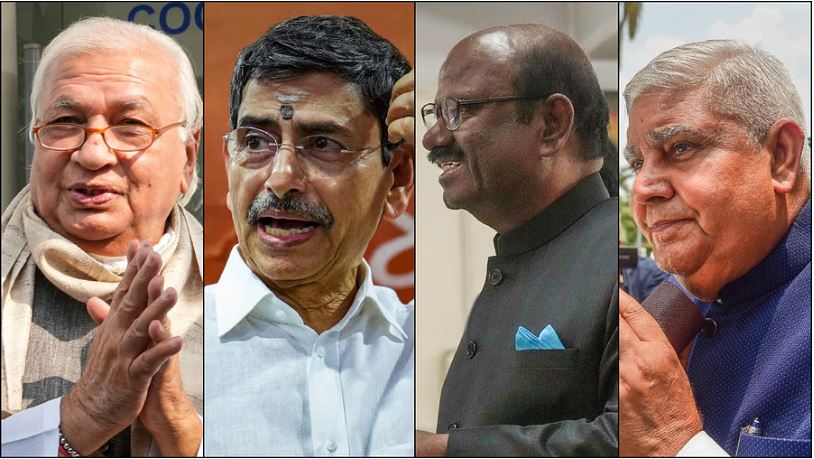
Revitalizing the role with changes to the Governor's office
text_fieldsThe ongoing political tensions in Kerala between the governor and the state government have sparked debates on the governor's role and powers in state affairs. The misuse of the office of the governor had always been a matter of concern and a source of uncertainty for states. India being a union of states, the constitutional post in a way contradicts the essence of federalism which is a basic principle enshrined in the constitution.
Recently, Rajya Sabha MP, Binoy Vishwom, tabled a private bill to abolish the post of the governor immediately by law. However, the bill is yet to be taken for introduction in the upper house.
Looking back at history, during the drafting of the constitution, there had been certain points of contention regarding the office of the governor. Unfortunately, the architect of the constitution himself failed to put forth his ultimate idea to fruition. Dr Ambedkar was in favour of adopting the system practised in the United States, where the governors are usually elected by the people, not by political parties.
But the idea was met with resistance. Then prime minister, Pandit Jawaharlal Nehru was against the idea of Ambedkar. The majority opined that they were not confident enough in the effective application of the same in a newborn country like India. Even though the assembly members were sure about the necessity of a governor in states, they could not define a clear method in the selection for this vital post.
Dr Ambedkar had envisioned the post, as a responsible constitutional office to ensure proper checks and balances, and as a representative of the people, emphasizing discretion free from party influence. Despite this idealistic vision, a lasting solution to protect the governor from political interference remained elusive.
The current nomination system originated from British rule, aiming to maintain unity and federalism among states. While the governor's role was deemed essential, the lack of a well-defined selection process led to ongoing discord between the central and state governments. The governor's role is as a bridge between the central government and state governments, acting as a communicator in matters of mutual interest. However, political pressure tainted this constitutional office, leading to conflicts in various states.
The question arises, is it time to eliminate or revive the post of governor?
Regardless of the eligibility criteria, preventing the governor from overshadowing democratically elected governments is paramount. Recent conflicts in Tamil Nadu, Kerala, Punjab, Goa, Maharashtra etc highlight the threat to federalism and India's democratic system. And thus it is time to rethink the necessity of a puppet role influenced by the Centre.
Recently, the honourable Supreme Court made it clear that the governor should not hold a bill passed by a state assembly for an infinite period; the office should act judiciously and without delay. Unfortunately, recent issues arose in Kerala as there's no precise law on this matter, and the governor's intrusion into the state's authority continues. To maintain the fundamental ‘equilibrium’ of the people, the elected state government should have authority over the governor's decisions.
The current challenges necessitate a closer examination of the selection process, ensuring that governors exercise discretion judiciously and impartially. The focus should be on preserving the essence of federalism and the democratic system, free from undue political pressures. Perhaps it is time for a renewed dialogue on the relevance and effectiveness of the governor's role in fostering cooperative governance and upholding the principles enshrined in the Constitution. As Nani Palkhivala, distinguished constitutional expert said, "The Constitution intended that the Governor should be the instrument to maintain the fundamental equilibrium of the people of the State and to ensure that the mandates of the Constitution are respected in the State".
India being a union of states, it is commonly believed that the office of the governor shall continue to ensure the connection between the centre and states. Unfortunately, the position cannot be denied blindly. therefore, if the office needs to be retained for the smooth functioning of government, then it is equally essential to make sure that the governor acts judiciously and impartially while exercising his discretion or there should be conditions binding the governor by law. The legislative should take necessary steps to redraw the power and functions of the governor's office, which should also include provisions for elected governments to overrule the governor's decisions on state matters in exceptional, and well-defined, situations.
Nabeel Kolothumthodi is the Parliamentary Associate to a Lok Sabha MP. Views expressed are personal.























